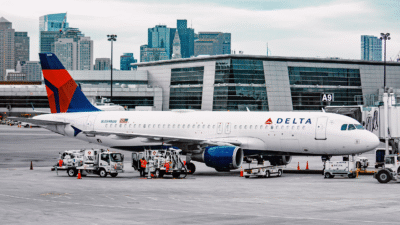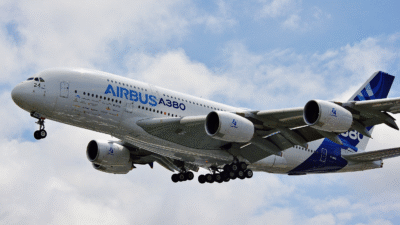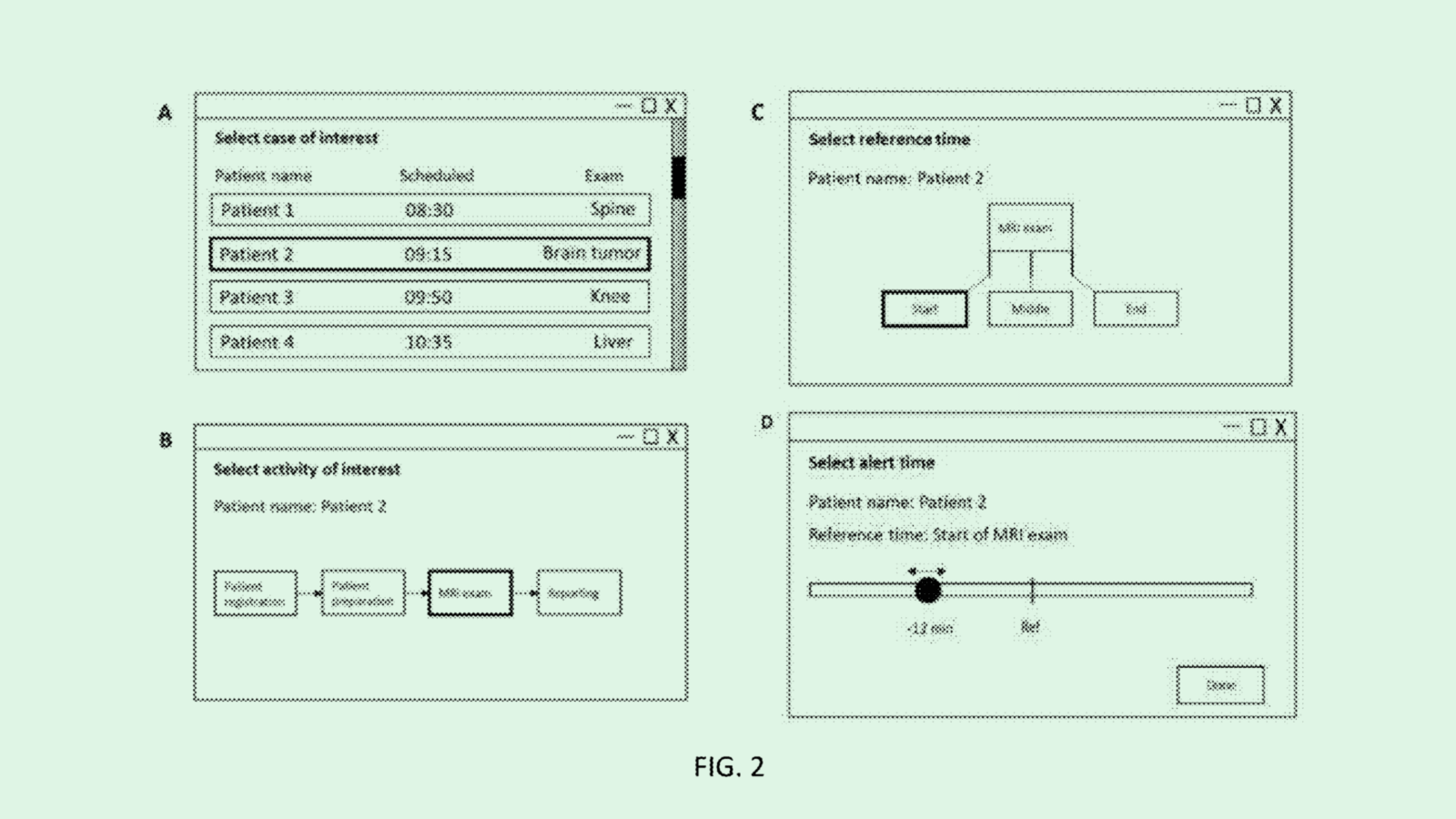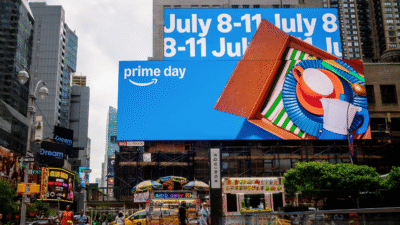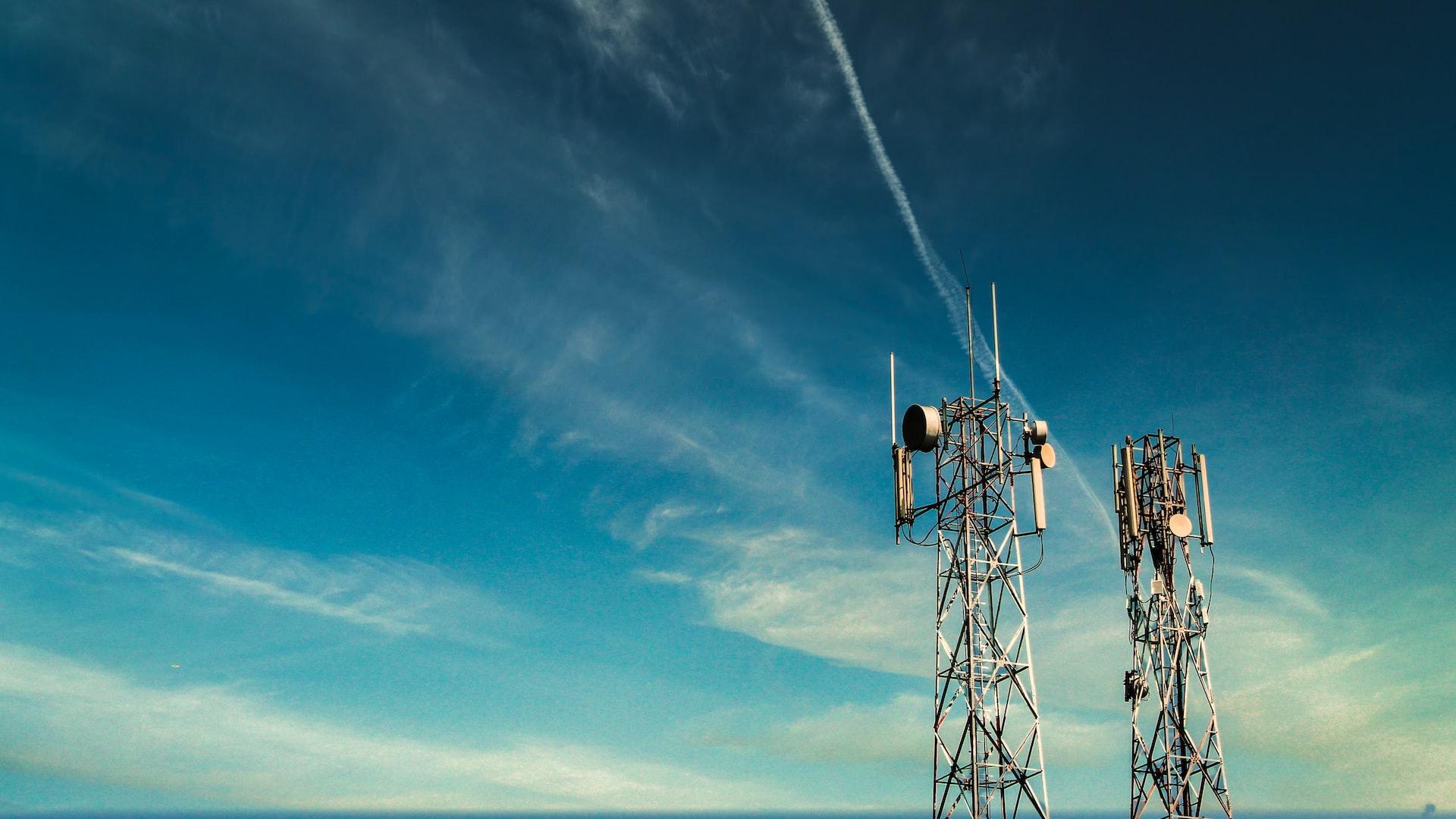
Sign up for smart news, insights, and analysis on the biggest financial stories of the day.
When it comes to internet connectivity in Europe, too many cooks are spoiling the broadband broth.
Telecom experts and industry leaders believe Europe has too many mobile networks and say consolidating the myriad companies would help quickly expand 5G coverage, the latest and fastest global wireless standard in the internet of things.
So Many Options
The Mobile World Congress in Barcelona, Spain, kicked off Monday, and consolidation will certainly be a big topic of discussion. Börje Ekholm, CEO of Swedish telecom giant Ericsson, said having too many operators is unsustainable. “The big problem in Europe is really that our customers can simply not afford to build out the networks and I think that is going to hurt European competitiveness long term,” he told CNBC.
In the US, mobile connectivity to pretty much all of the country is handled by Verizon, T-Mobile, and AT&T. Even smaller brands like Cricket Wireless and Mint Mobile (the Ryan Reynolds one) are actually owned by the bigger names and use their infrastructure. In China, people can choose between three different carriers, all of which are owned by the federal government.
The landscape in Europe, however, is a lot different:
- Many countries have at least three or four providers of telecom services that operate solely within their borders on top of larger, international brands like Vodafone. That means there are hundreds of operators within the European Union.
- There’s definitely more freedom of choice when it comes to mobile providers in Europe, but some say it’s slowed the rollout of 5G. Whereas the Netherlands had 45% 5G availability by the end of 2021, nearby France had only about 12% coverage, according to industry organization Groupe Speciale Mobile Association.
Anti-Monopoly: But it might be a while before the folk at Deutsche Telekom and Orange can start buying up all the little guys. EU regulators are unfailingly protective of competition, so mass consolidation is an iffy proposition. In 2016, the European Commission blocked CK Hutchison’s $12.6 billion acquisition of Telefonica’s British mobile unit O2, saying it would limit consumer choice, raise prices, and reduce service quality.

